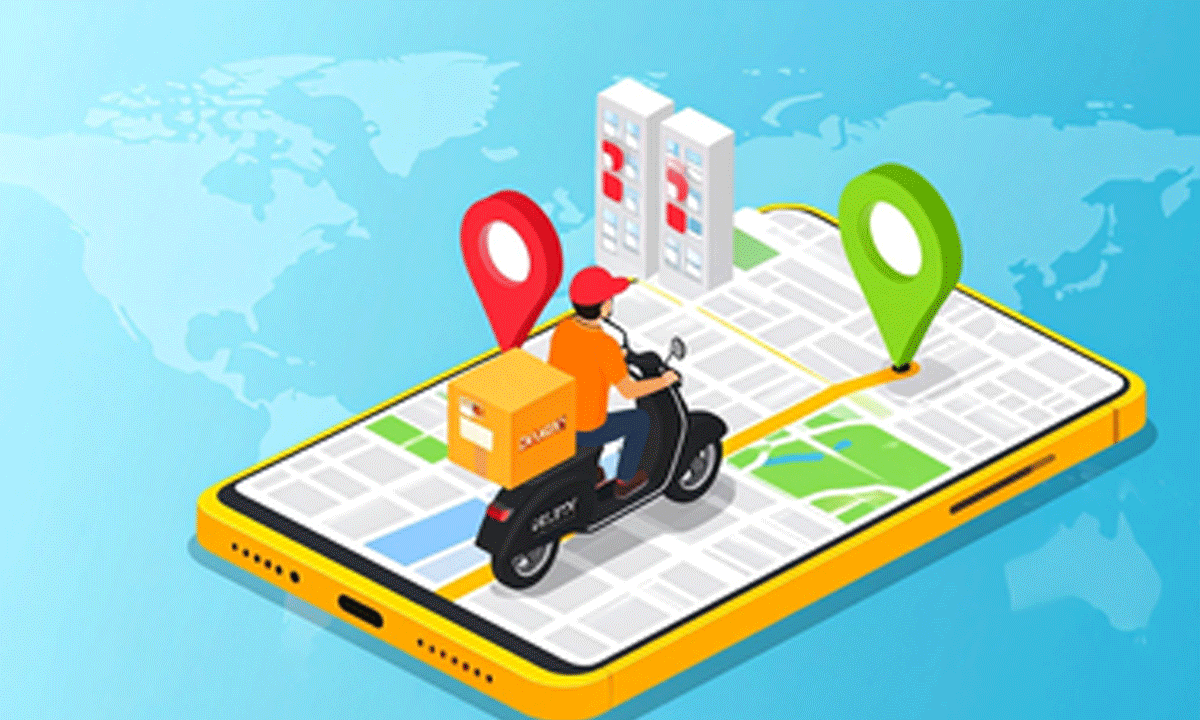Social media, food delivery apps transforming food culture in urban India: IIT Guwahati study
A recent study by the Indian Institute of Technology (IIT) Guwahati reveals that the rise of social media and food delivery applications is dramatically transforming food habits and consumption patterns in urban India.

New Delhi: A recent study by the Indian Institute of Technology (IIT) Guwahati reveals that the rise of social media and food delivery applications is dramatically transforming food habits and consumption patterns in urban India. The research, led by Dr. Rituparna Patgiri from the Department of Humanities and Social Sciences, was published in the Sociological Bulletin by SAGE Publications.
Table of Contents
Digital Technologies Shaping Daily Food Practices
The study highlights that digital food habits, especially among urban middle-class youth, have become a routine part of everyday life. Applications for food delivery, social media reviews, and content sharing are influencing not just what people eat but how they perceive and engage with food.
Food Goes Beyond the Plate: The Sixth Stage
Traditionally, food was studied across five stages — production, distribution, preparation, consumption, and disposal. However, Dr. Patgiri suggests a sixth stage: digitalisation, to reflect how digital media and technologies now mediate food practices.
Social Inequality and Digital Food Culture
While digital platforms offer convenience, the study also sheds light on how they reinforce existing class, caste, and gender hierarchies. Practices such as food blogging, aesthetic presentation, and online reviews are often restricted to the upper- and middle-class urban population, while small-scale food vendors and lower socio-economic groups are left behind.
Platform Dependency in Food Economies
Digital platforms have become gatekeepers of food-related content, influencing where people order from, how food is rated, and what cuisines become popular. Services such as search engines, social media, and aggregator apps now control access to visibility in the food economy.
Need for Inclusive Digital Food Policies
The research urges policymakers to develop inclusive digital frameworks that:
- Support marginalised food vendors
- Regulate exploitative platform practices
- Promote culinary diversity
- Utilise digital media for public health awareness
